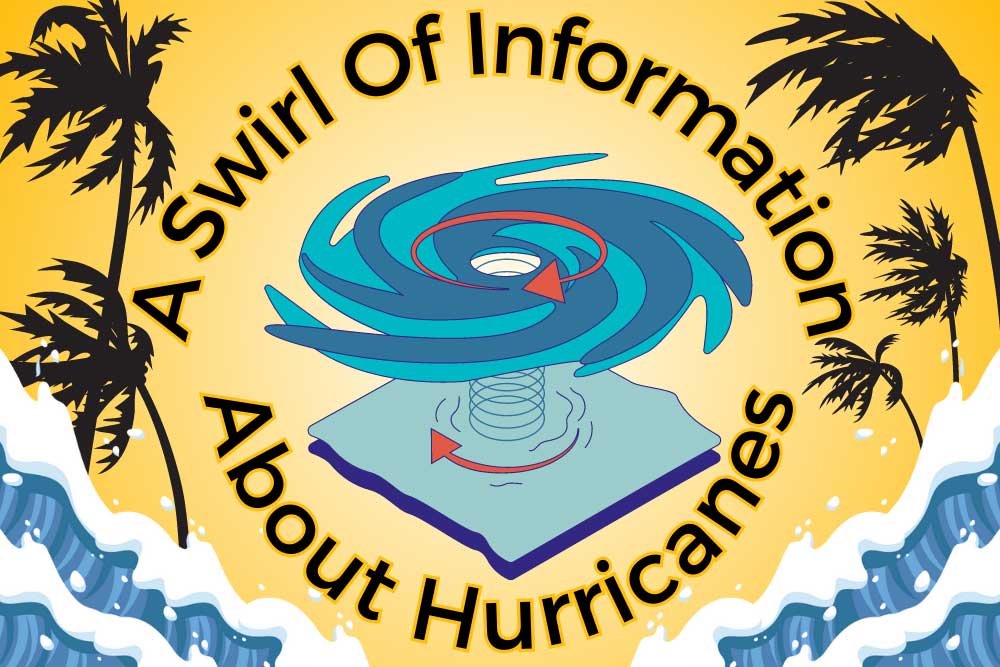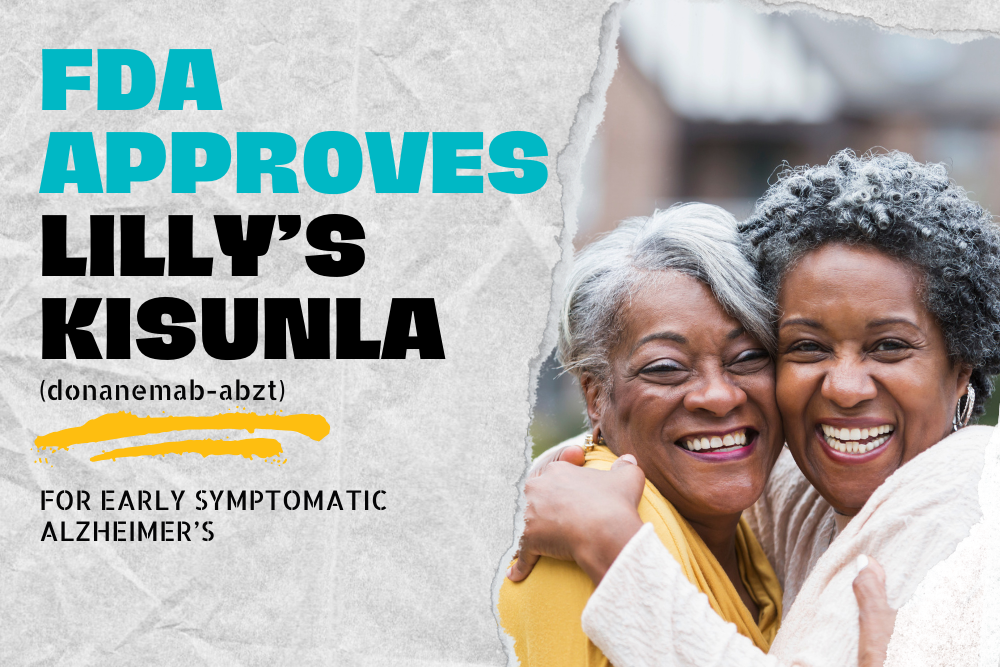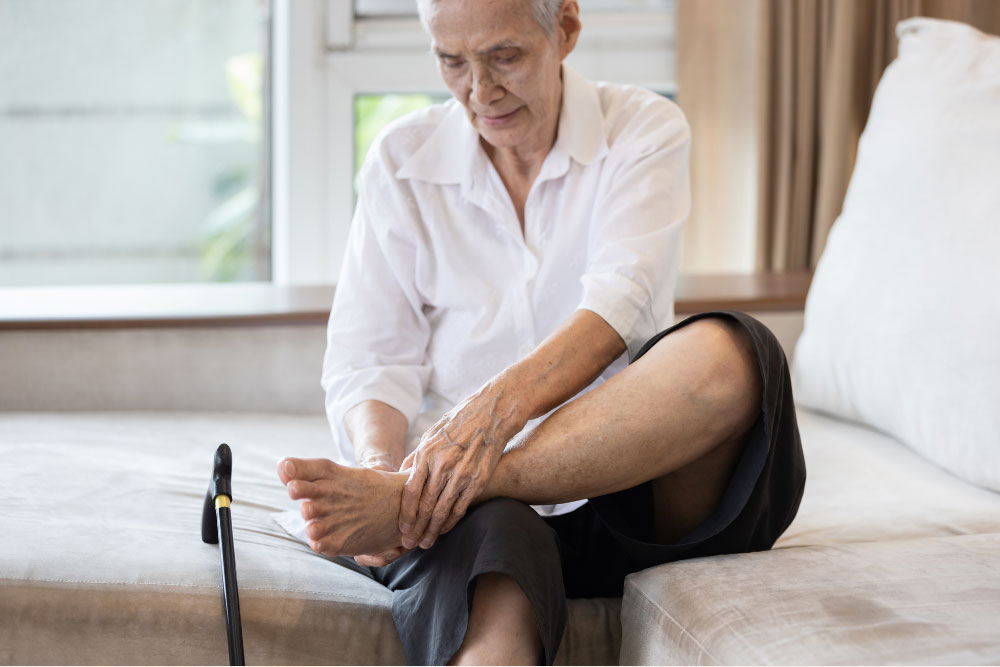A Swirl Of Information About Hurricanes

Scroll down to listen to this article.
It’s hurricane season, which means time to break out the big wave surfboard, your best surf leash, and maybe your evacuation kit. Hurricanes are unusual as natural disasters go because, thanks to modern technology, you can actually prepare for them. The advanced notice and frequent shifts in hurricane paths can lead to some strange behaviors, where we tire of preparing and ignore the warnings. For your safety, we recommend you adhere to all warnings and directives from federal and state agencies regarding a hurricane. We also recommend you plan for what may happen before, during, and after a storm passes. Knowing what to expect may not save all of your things, but it should help keep the important things (including your health!) safe.
Before a storm hits, there is a lot of work to do. Knowing where you will go in the event of an evacuation is very important. It becomes essential if you have pets or special circumstances, as you may be limited in available options. Florida Emergency Management reminds us that the best place to shelter is with friends or family in a safe building outside of the evacuation area. Know where all of your medical information and medicines are located. Plan on what you need to take (don’t forget legal documents!) and what might get left behind (your tote bag collection). Get ready to make preparations for your home, including getting boards for windows if you need them. On the health front, make sure you’re up to date on vaccines, especially flu and tetanus! A mobile health unit reported that 44% of all visits were requests for vaccines after Hurricane Sandy in 2012.
While a hurricane hits, you should shelter and stay safe. The middle of the storm is when you hope your preparations have paid off, not a time to check on them. Remember that wind is deadly, floods are deadly, and bridges can be deadly too. If you are planning to surf, don’t. Make sure you stay current with weather updates; a storm radio is very helpful here.
You aren’t out of the water just because a storm has passed, literally! Floods can be ongoing, including fresh-water floods from rainfall. Your residence may be damaged, unsafe, or destroyed. Food and healthcare can be difficult to access. Researchers have found that after major hurricanes, healthy foods tend to disappear quickly, while unhealthy alternatives are easily found. They discovered that fruits and vegetables were only found in 50-60% of stores, but sugary sodas were available 90-100% of the time. In addition, healthy options tend to become more expensive. Beyond food, healthcare can become stressful. Many clinics and pharmacies may be closed or restricted. After Hurricane Harvey in Texas, a major hospital had almost 3⁄4 of its beds destroyed, leading to people sleeping on cots. In addition, hospital staff may be exhausted, stressed, and get poor sleep. Remember that they also see their homes destroyed! To top everything off, mental health can be a huge concern. The lead-up to a natural disaster is stressful and anxiety-inducing. The reality of one can be traumatic. Be aware of changes to your mood and attitude; Post-Traumatic Stress Disorder (PTSD) and depression may increase due to trauma or stress. Whatever happens this hurricane season, good preparation and knowledge can help make the unpredictability of storms more manageable.
Staff Writer / Editor Benton Lowey-Ball, BS, BFA
Listen to the article here:
References:
Chambers, K. A., Husain, I., Chathampally, Y., Vierling, A., Cardenas-Turanzas, M., Cardenas, F., … & Rogg, J. (2020). Impact of Hurricane Harvey on healthcare utilization and emergency department operations. Western journal of emergency medicine, 21(3), 586. https://www.ncbi.nlm.nih.gov/pmc/articles/PMC7234707/
Clay, L. A., Slotter, R., Heath, B., Lange, V., & Colón-Ramos, U. (2023). Capturing disruptions to food availability after disasters: assessing the food environment following Hurricanes Florence and María. Disaster Medicine and Public Health Preparedness, 17, e17. https://doi.org/10.1017/dmp.2021.145
Florida Division of Emergency Management (n.d.) Important shelter information https://www.floridadisaster.org/planprepare/disability/evacuations-and-shelters/shelter-information/
Lien, C., Raimo, J., Abramowitz, J., Khanijo, S., Kritharis, A., Mason, C., … & Carney, M. T. (2014). Community healthcare delivery post-Hurricane Sandy: lessons from a mobile health unit. Journal of community health, 39, 599-605. http://dx.doi.org/10.1007/s10900-013-9805-7



